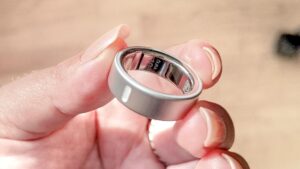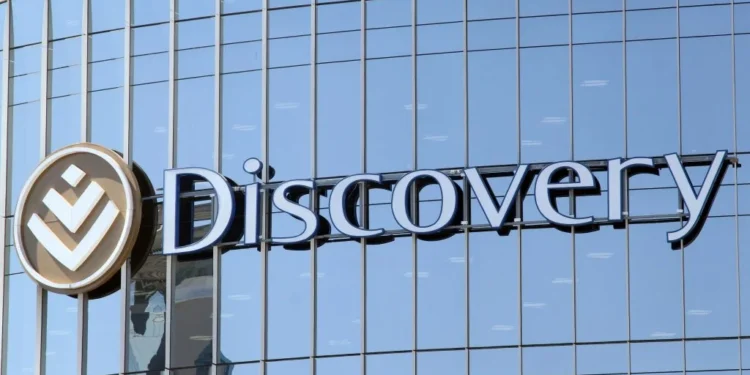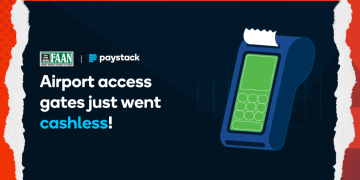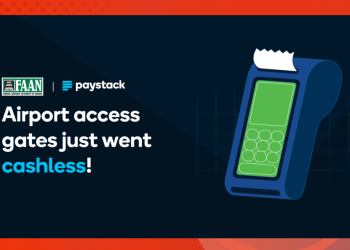Discovery has announced a partnership with ŌURA to bring the latest ŌURA Ring 4 to South Africa, marking a new step in its Vitality wellness ecosystem. The partnership, revealed at the Discovery Sleep Summit in Sandton on 7 October 2025, introduces a Vitality Sleep Score and upcoming Vitality Sleep Rewards designed to turn healthy rest into measurable and rewarded behaviour.

The initiative reinforces Discovery’s long-standing strategy of linking health data to behavioural incentives. This time, the focus is on an often-overlooked metric: sleep.
Turning Sleep into the Next Health Metric
The ŌURA Ring is one of the most advanced sleep and recovery wearables available globally. It measures body temperature, heart rate variability, oxygen levels, and sleep stages with clinical precision. Discovery’s decision to align with ŌURA was driven by its proven accuracy and discreet design, which encourages consistent use, a key factor in habit formation.
Delivering the ring through Vitality gives Discovery a direct way to integrate sleep tracking into its broader health framework. Members will earn rewards based on their individual sleep scores, transforming rest into an active part of health optimisation rather than a passive routine.
The UAE Connection and a Global Pattern
While the partnership launches in South Africa, it mirrors Discovery’s broader global approach of blending insurance, data, and technology. In markets like the UAE and the UK, Discovery’s Vitality model has already incorporated fitness tracking and activity-based incentives. Adding sleep as a measurable health dimension positions the company at the forefront of data-driven wellness innovation.
Sleep is now being treated as a predictive health indicator, as crucial as exercise or nutrition in determining long-term outcomes.
How the Programme Will Work
Discovery will make the ŌURA Ring 4 available to Vitality members from mid-October 2025. Members who meet weekly sleep goals can qualify for a fully funded ring or receive discounts through Discovery Bank, depending on their Vitality status. The company will track members’ sleep quality and consistency over time, offering tiered rewards and discounts for achieving sustained improvements.
The ring’s continuous sensing capabilities enable a more nuanced understanding of how sleep affects recovery, mental health, and productivity, which are key metrics in Discovery’s preventive health model.
What Leaders Are Saying
Discovery executives describe the initiative as “a next step in proactive health management.” They emphasise that the partnership is not about gadget adoption but behavioural design, using precise feedback and financial rewards to help people build sustainable sleep habits.
ŌURA representatives highlighted that Discovery is the first major insurer to roll out an integrated sleep improvement programme at scale. They view South Africa as a strong test market, given its mix of digital adoption and health awareness among Vitality members.
A New Lens on Preventive Health
Discovery’s foray into sleep tracking shows that insurers are moving beyond traditional coverage to play a more active role in prevention. With data from devices like the ŌURA Ring, Discovery can refine health models, predict risks earlier, and encourage positive routines before medical intervention becomes necessary.
Sleep, once the least measured pillar of wellness, is now central to this approach. Better rest reduces cardiovascular strain, improves cognitive performance, and supports emotional regulation, outcomes that align with Discovery’s focus on long-term health improvement and cost reduction.
Beyond the Data: Building Lasting Habits
The success of the partnership will depend on how deeply members engage with the technology. Sustained behaviour change requires more than tracking; it requires trust, data privacy, and clear communication about how sleep data is used. Discovery says consent and data security remain foundational to its Vitality model.
If executed well, this partnership could redefine how South Africans think about rest, not as downtime, but as an active investment in health.
















